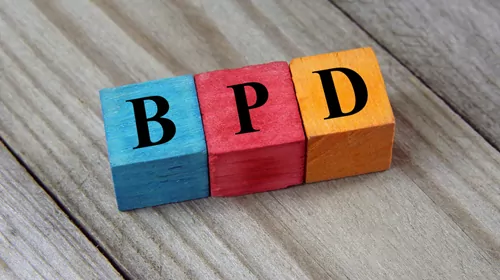Breakdown of communication is often a key factor for couples seeking a counsellor to help repair their relationship. When you’re at the beginning of a relationship, in that rosy honeymoon stage, communication flows easily. You look into each other’s eyes, knowing intuitively what the other person is thinking and feeling, and may even finish each other’s sentences.
Over time that instinctive connection can be eroded, whether through work pressures, the demands of family, or even boredom. What used to be free-flow communication can become staccato and fractious. The whispers of love can turn into the sighs of annoyance. If things become worse between you and your partner, you can end up flinging old rows back in their faces. Your communication runs along the same bad-tempered lines, and you lose interest in what the other has to say.
As couple counsellors, we often see the ‘tit for tat’ kind of communication between fighting couples as they increase the insults and put their partner down. In the therapy room, they may even try to recruit the counsellor to be on their side and prove their partner is in the wrong. But that really isn’t the point of couple counselling. Therapy is about supporting you both to find ways to communicate in service of your relationship. Not about scoring points and leaving you both feeling battle scarred.
Here are some tips from couple counsellors to help improve how you communicate your partner – before you get to that battleground stage.
- Set a time of the day or week when you agree you’re going to talk to each other. Agree on a forum where you will both engage in open, honest, trust-filled communication. Use it as an opportunity to air some truths, but not in a malicious way. Set the tone with the intention of improving your relationship, not eroding it further.
- Practise listening. Set aside five minutes each to talk. The partner doing the listening does not interrupt, explain, or sit with their answer running. When the person has finished talking, the other repeats back what he/she has heard and understood and checks if he/she isn’t clear. Then the partners swap over the listening/talking positions. This way of communicating encourages you to truly hear what your partner is saying without having to defend or react.
- Use ‘I’ language. Don’t say “you make me feel” – which can trigger a defensive reaction from your partner, as they may feel blamed. Instead say: “When you do X, I feel…” That way, you are owning how you feel and asking your partner for understanding, and opens the way for a solution that works for both of you.
- Catch yourself before you say something to insult or hurt. Are these phrases that you’ve learned and internalised from, say, an argumentative household growing up? When we’re hurt we can say things we don’t mean. Don’t speak from auto pilot. Speak from your heart.
Couple counselling can help you with communication strategies for you and your partner. To book an appointment with one of our therapists, call 020 8673 4545 or email [email protected] We have sessions available at our Tooting and Clapham centres.







